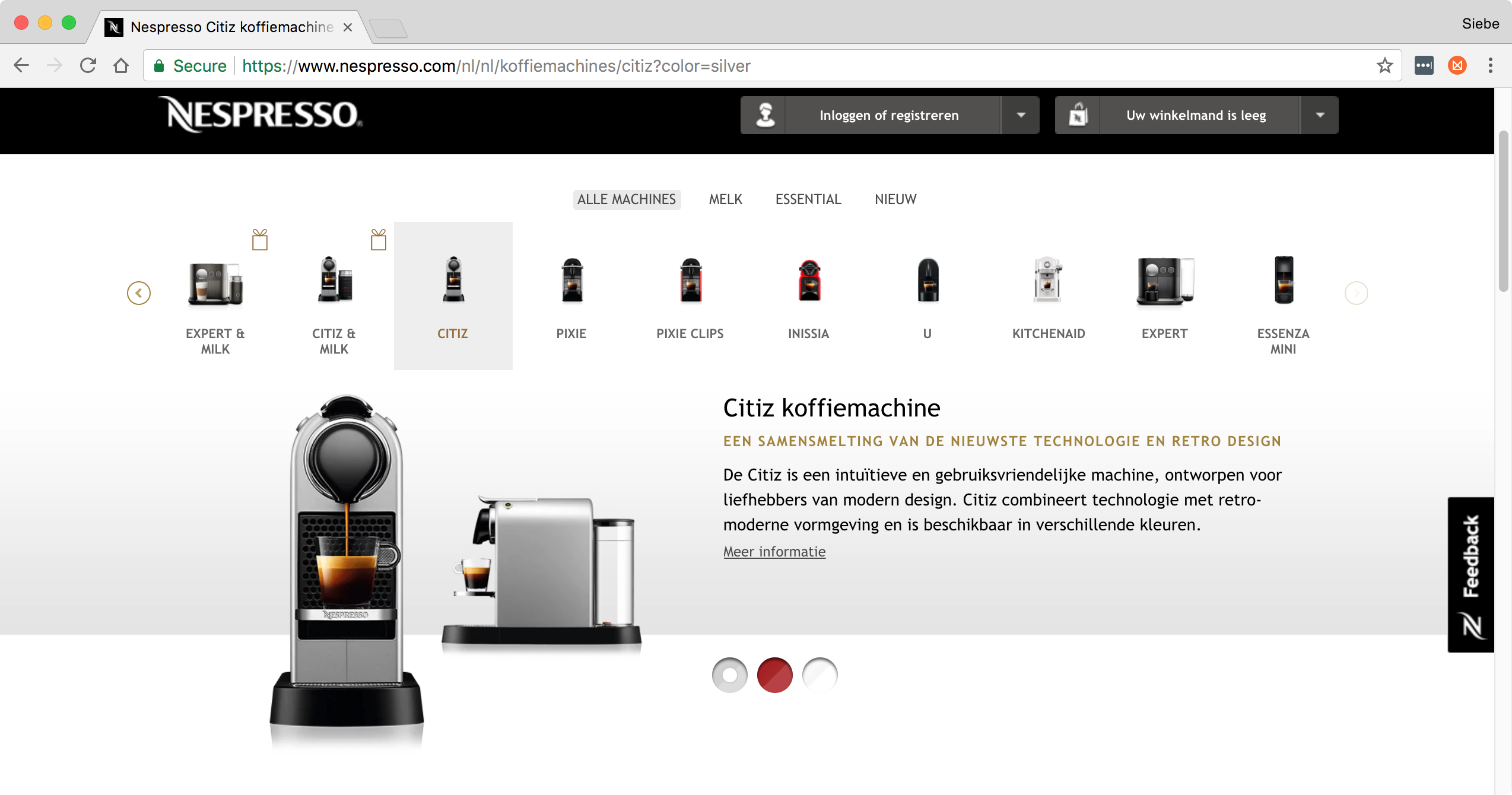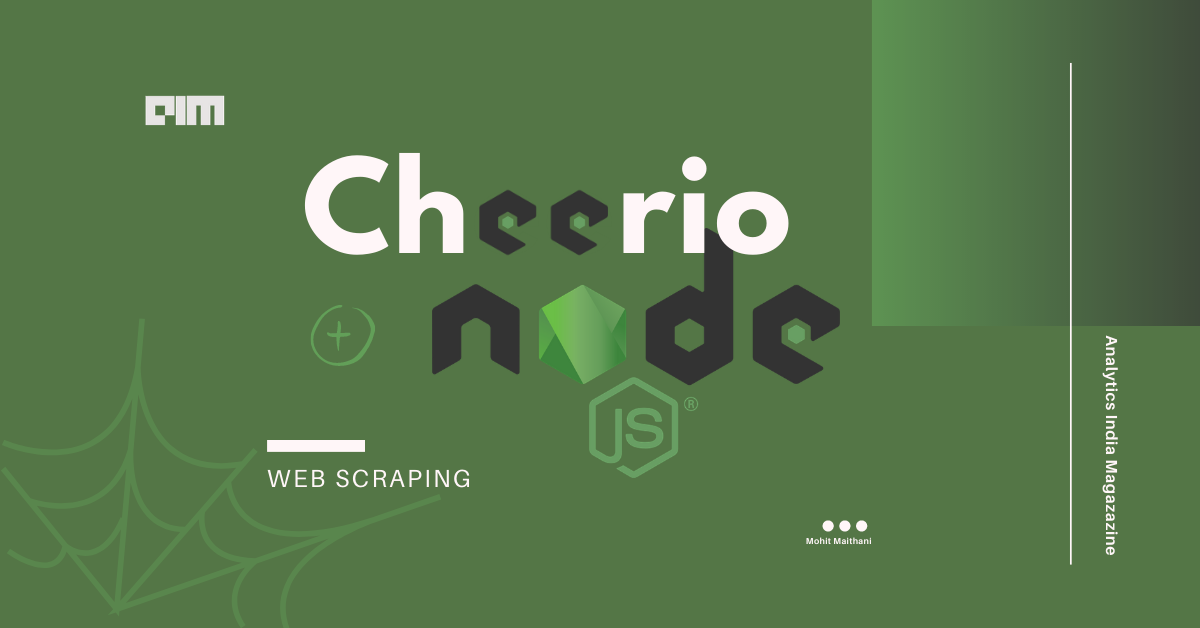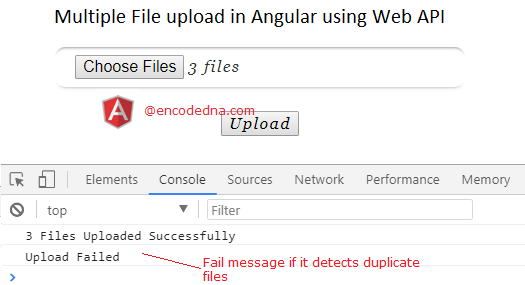Python angularjs web-scraping beautifulsoup urllib2. Improve this question. Follow edited Jan 28 '16 at 0:33. Asked Jan 28 '16 at 0:20. Stephen Lead Stephen Lead. 1,468 4 4 gold badges 18 18 silver badges 37 37 bronze badges. Thanks to Node.js, JavaScript is a great language to u se for a web scraper: not only is Node fast, but you’ll likely end up using a lot of the same methods you’re used to from querying the. Interested in programming? Like to read about programming without seeing a constant flow of technology and political news into your proggit? That's what /r/coding is for. # Parse function: Scrape the webpage and store it def parse (self, response): self. Url) # Output filename filename = 'angulardata.csv' with open (filename, 'a+') as f: writer = csv. Writer (f) # Selector for all the names from the link with class 'ng-binding' names = self. Findelementsbycssselector ('a.ng-binding') for name in names: title = name. Scraping a web page using R; Analyzing scraped data from the web 1. What is Web Scraping? Web scraping is a technique for converting the data present in unstructured format (HTML tags) over the web to the structured format which can easily be accessed and used. Almost all the main languages provide ways for performing web scraping.

Naruto shippuden episode 394 subtitle indonesia samehadaku. In a perfect world, every website provides free access to data with an easy-to-use API… but the world is far from perfect. However, it is possible to use web scraping techniques to manually extract data from websites by brute force. The following lesson examines two different types of web scrapers and implements them with NodeJS and Firebase Cloud Functions.
Frontend Integrations


This lesson is integrated with multiple frontend frameworks. Choose your favorite flavor 🍧.

Initial Setup
Let’s start by initializing Firebase Cloud Functions with JavaScript.
Strategy A - Basic HTTP Request
The first strategy makes an HTTP request to a URL and expects an HTML document string as the response. Retrieving the HTML is easy, but there are no browser APIs in NodeJS, so we need a tool like cheerio to process DOM elements and find the necessary metatags.
The advantage 👍 of this approach is that it is fast and simple, but the disadvantage 👎 is that it will not execute JavaScript and/or wait for dynamically rendered content on the client.
Link Preview Function
💡 It is not possible to generate link previews entirely from the frontend due to Cross-Site Scripting vulnerabilities.
An excellent use-case for this strategy is a link preview service that shows the name, description, and image of a 3rd party website when a URL posted into an app. For example, when you post a link into an app like Twitter, Facebook, or Slack, it renders out a nice looking preview.
Link previews are made possible by scraping the meta tags from <head> of an HTML page. The code requests a URL, then looks for Twitter and OpenGraph metatags in the response body. Several supporting libraries are used to make the code more reliable and simple.
- cheerio is a NodeJS implementation of jQuery.
- node-fetch is a NodeJS implementation of the browser Fetch API.
- get-urls is a utility for extracting URLs from text.
Let’s start by building a Nintendo switch 1.1.
HTTP Function
You can use the scraper in an HTTP Cloud Function.

At this point, you should receive a response by opening http://localhost:5000/YOUR-PROJECT/REGION/scraper
Strategy B - Puppeteer for Full Browser Rendering
What if you want to scrape a single page JavaScript app, like Angular or React? Or maybe you want to click buttons and/or log into an account before scraping? These tasks require a fully emulated browser environment that can parse JS and handle events.
Puppeteer is a tool built on top of headless chrome, which allows you to run the Chrome browser on the server. In other words, you can fully interact with a website before extracting the data you need.
Instagram Scraper
Web Scraping Using Angular 7
Instagram on the web uses React, which means we won’t see any dynamic content util the page is fully loaded. Puppeteer is available in the Clould Functions runtime, allowing you to spin up a chrome browser on your server. It will render JavaScript and handle events just like the browser you’re using right now.
Web Scraping Using Angularjs
First, the function logs into a real instagram account. The page.type Anyconnect download windows 7. method will find the cooresponding DOM element and type characters into it. Once logged in, we navigate to a specific username and wait for the img tags to render on the screen, then scrape the src attribute from them.
